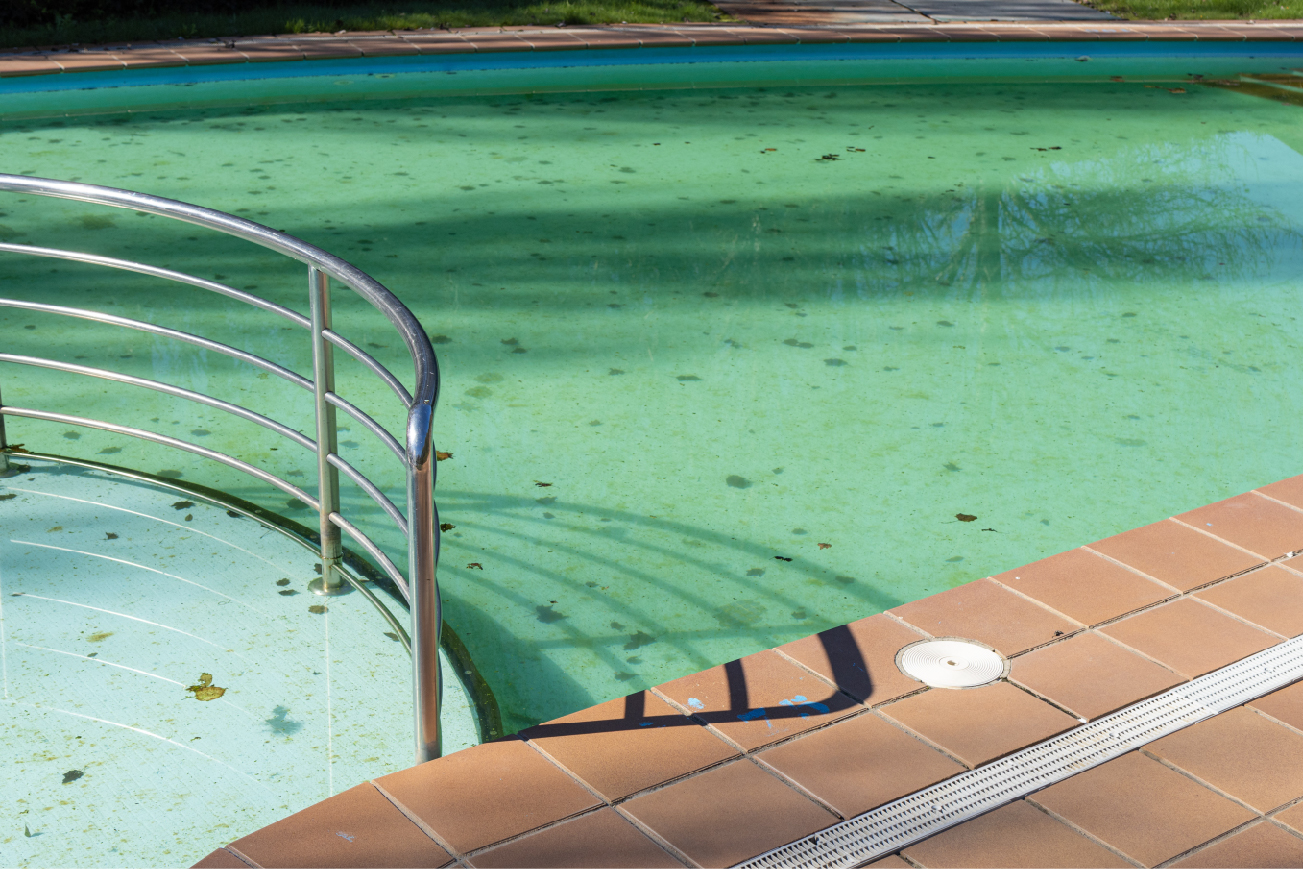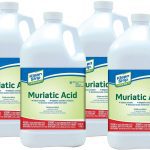
Demystifying Pool Flocculant: Understanding Its Purpose, Benefits, and Drawbacks
A Comprehensive Guide to Pool Flocculant, Its Applications, and Factors to Consider Before Using It
Introduction
Pool flocculant is a chemical treatment that plays a vital role in maintaining crystal-clear swimming pool water. By promoting the clumping of suspended particles, it allows for easier removal of debris, organic matter, and other contaminants. In this article, we will discuss what pool flocculant is, its applications, and the pros and cons of using it in your swimming pool.
What is Pool Flocculant?
Pool flocculant, also known as a coagulant or floc, is a chemical agent that encourages the agglomeration of fine suspended particles in the pool water. These particles, which can include dirt, organic matter, and various contaminants, can cause water to appear cloudy or discolored. The flocculant works by neutralizing the electrical charge on these particles, causing them to clump together and form larger, heavier masses. This process makes it easier to remove the particles from the water through vacuuming or filtration.
What is Pool Flocculant Used For?
- Clarifying Cloudy Water: Flocculants are commonly used to treat cloudy pool water, which can result from an imbalance in water chemistry, excessive debris, or poor filtration. By clumping the suspended particles together, flocculants can help improve water clarity and restore a sparkling appearance.
- Algae Treatment: In some cases, pool flocculant can be used as a part of an algae treatment regimen. When combined with an algaecide, the flocculant can help remove dead algae cells from the water, improving the effectiveness of the treatment.
- Post-Storm Cleanup: After a storm or heavy rainfall, pool water can become contaminated with debris, dirt, and other pollutants. Flocculant can help expedite the cleanup process by clumping these contaminants together for easy removal.
Pros and Cons of Using Pool Flocculant
Pros:
- Rapid Water Clarity Improvement: Pool flocculant can quickly improve water clarity, making it an ideal solution for dealing with sudden cloudiness or discoloration.
- Enhanced Filtration Efficiency: By clumping particles together, flocculant can improve the efficiency of the pool’s filtration system, as larger particles are more easily trapped and removed by the filter.
- Versatility: Flocculants are compatible with various pool types and water chemistry levels, making them a versatile option for maintaining water clarity.
Cons:
- Additional Vacuuming Required: After using pool flocculant, it is necessary to vacuum the pool to remove the clumped particles. This can be a time-consuming and labor-intensive process.
- Temporary Fix: While pool flocculant can quickly improve water clarity, it does not address the underlying issues that caused the cloudiness in the first place. Pool owners must also address imbalances in water chemistry and ensure that their filtration system is functioning properly to maintain long-term water clarity.
- Potential Overuse: Excessive use of flocculant can lead to clogged filters and reduced filtration efficiency. It’s essential to follow the manufacturer’s guidelines for dosing and application to avoid potential issues.
Conclusion
Pool flocculant is a valuable tool for maintaining clear and inviting swimming pool water. By understanding its purpose, applications, and the pros and cons of its use, pool owners can make informed decisions about whether to incorporate flocculant into their pool maintenance routine. While flocculant can provide rapid improvements in water clarity, it’s essential to remember that it should be used in conjunction with proper water chemistry management and filtration maintenance to ensure long-lasting results.




